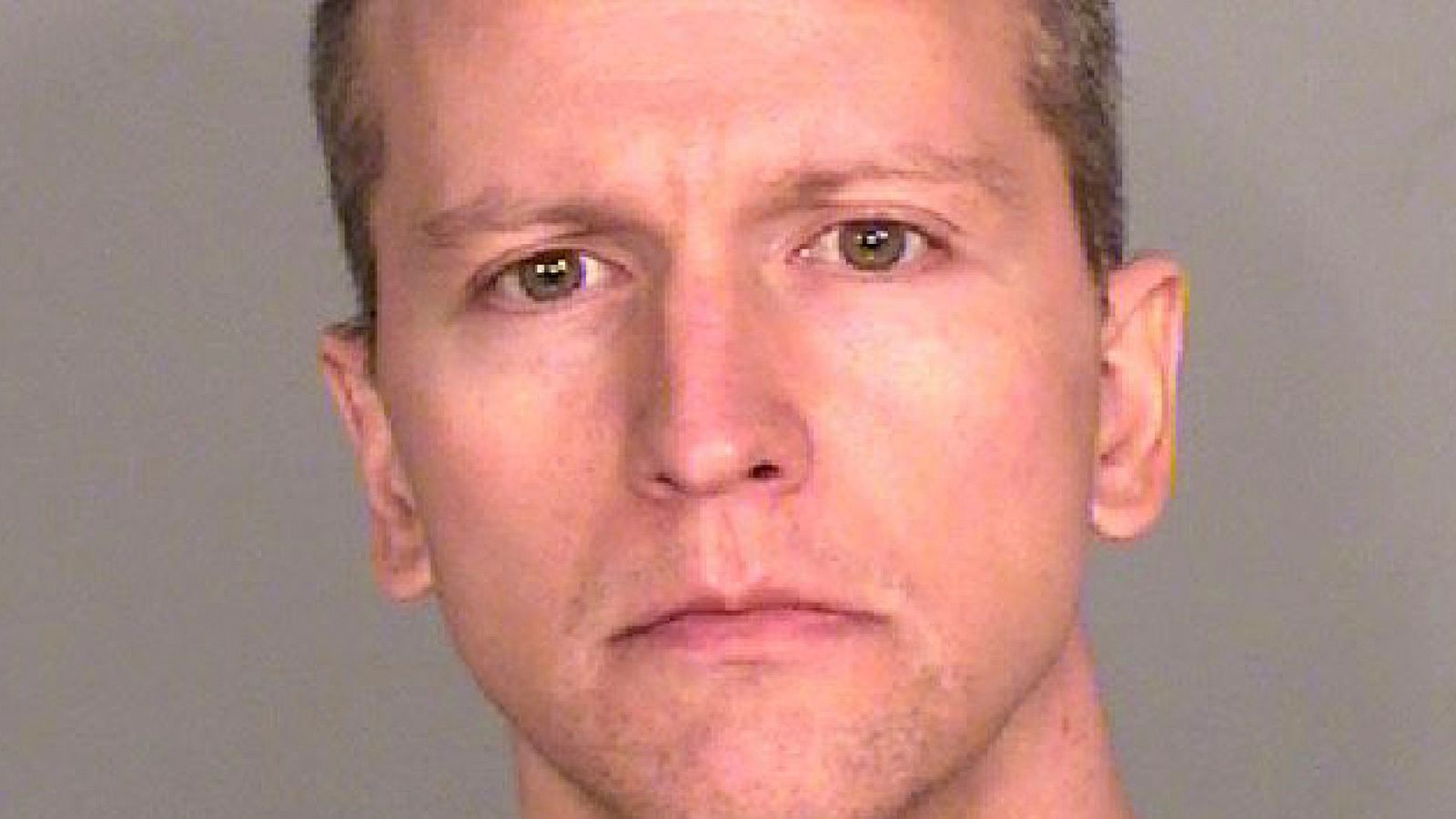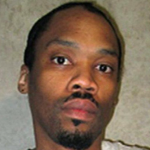The judge overseeing the trial of a former Minneapolis police officer accused over the death of George Floyd paused jury selection only hours after it began – to investigate a change to the charges.
Derek Chauvin, who was accused of pressing his knee against Mr Floyd’s neck for nearly nine minutes before his death on 25 May last year, is currently charged with unintentional second-degree murder and manslaughter.
The incident sparked protests in Minneapolis where it happened and all over the world and led to a US reckoning on race.
Jury selection was due to get under way on Monday but legal experts said reinstating the lesser, third-degree murder charge would improve the odds of securing a conviction so requested the charge be put to the defendant.
Judge Peter Cahill said he did not have jurisdiction to rule on whether the third-degree charge should be reinstated so prosecutors said they would ask the Court of Appeals to rule on the issue – meaning potential jurors were sent home for the day.
Whatever charges he eventually faces, Chauvin’s fate will be decided by 12 people picked after extensive questioning about their views on police and the justice system.
Mr Floyd, who was black, was declared dead on 25 May after Chauvin, who is white, attempted to arrest him.
Chauvin and three other officers were fired; the others face an August trial on aiding and abetting charges.
Picking a jury is expected to take at least three weeks, as prosecutors and defence lawyers try to weed out people who may be biased against them.
Susan Gaertner, a former prosecutor, explained why the process was painstaking. “You don’t want jurors who are completely blank slates, because that would mean they’re not in tune at all with the world,” she said.
“But what you want is jurors who can set aside opinions that have formed prior to walking into the courtroom and give both sides a fair hearing.”
Chauvin’s lawyer Eric Nelson argued that pre-trial publicity of the case and the subsequent violent unrest in Minneapolis would make it impossible to find an impartial jury in Hennepin County, Minnesota, where the case is being heard.
But Judge Cahill said last year moving the trial would probably not cure the problem of a potentially tainted jury pool because “no corner of the state of Minnesota” has been shielded from pre-trial publicity.
The potential jurors – who must be at least 18, US citizens and residents of the county – were sent questionnaires to determine how much they had heard about the case and whether they had formed any opinions.
Besides biographical and demographic information, jurors were asked about prior contacts with police, whether they have protested against police brutality and whether they believed the justice system was fair.
Mike Brandt, a local defence lawyer, said prosecutors are likely to seek out jurors who have favourable opinions on the Black Lives Matter movement or might have more outrage over Mr Floyd’s death, while Chauvin’s lawyers are likely to favour jurors who support the police.
The defence can object to up to 15 potential jurors without giving a reason; prosecutors can block up to nine with no reason given.
Mr Brandt said even if a juror says they have had a negative interaction with the police, or a negative opinion about Black Lives Matter, the key will be trying to find out whether they can put those past experiences or opinions aside and be fair.
“We all walk into these with biases. The question is, can you put those biases aside and be fair in this case,” he said.
Jury selection will end after 14 people are picked – 12 jurors who will deliberate the case and two alternates who will not be part of deliberations unless needed.
The number of seats in the courtroom has been limited to maintain social distancing due to the COVID-19 pandemic, and seats for jurors have been spaced out.
Like others in the courtroom, jurors will be required to wear masks.






















